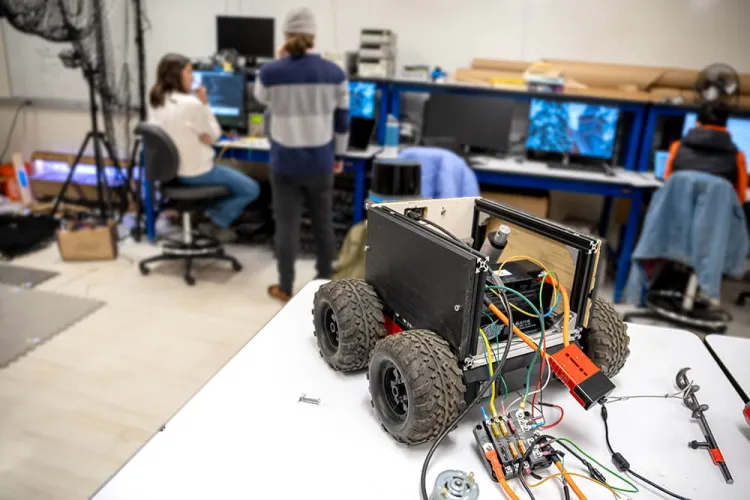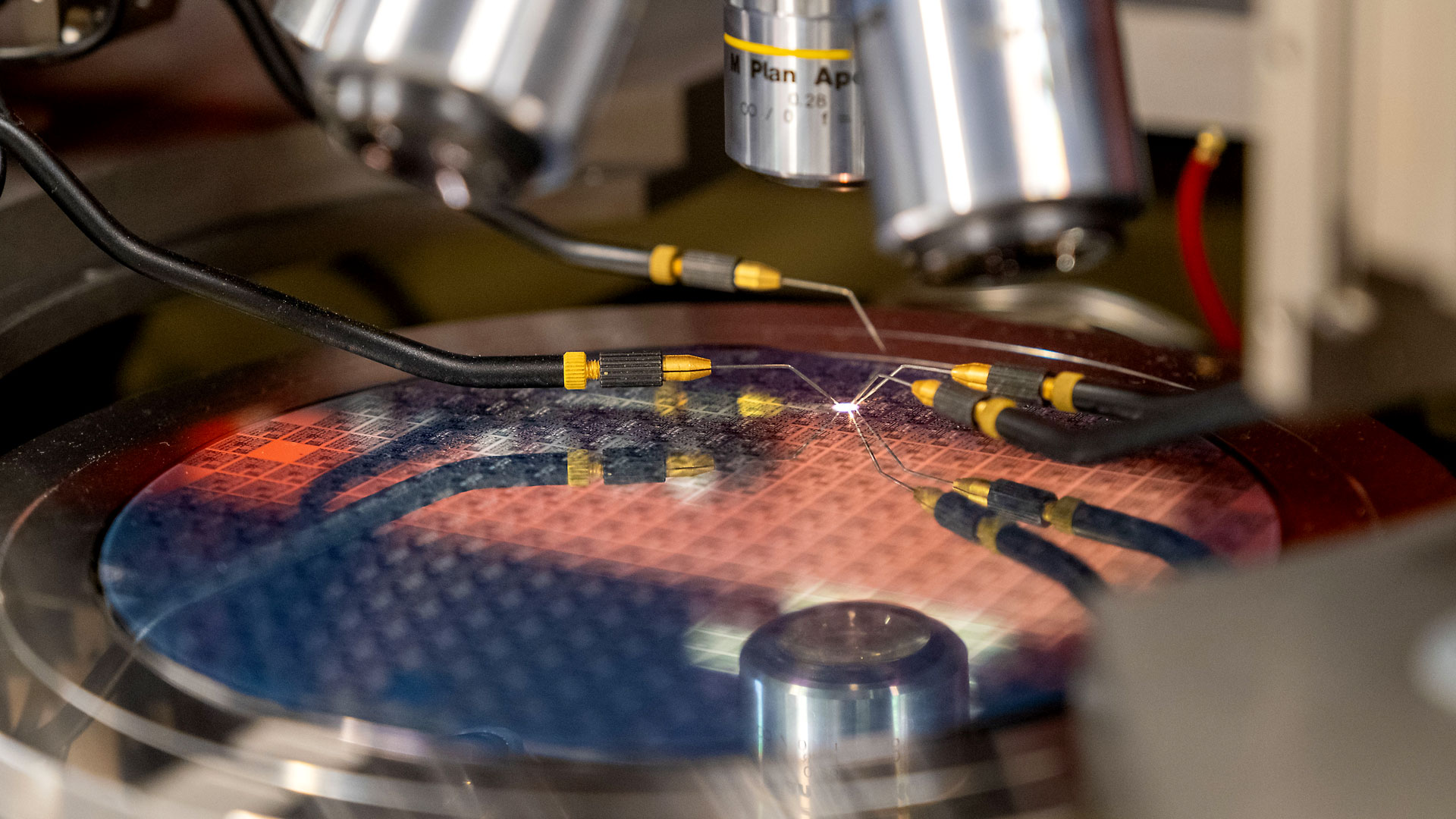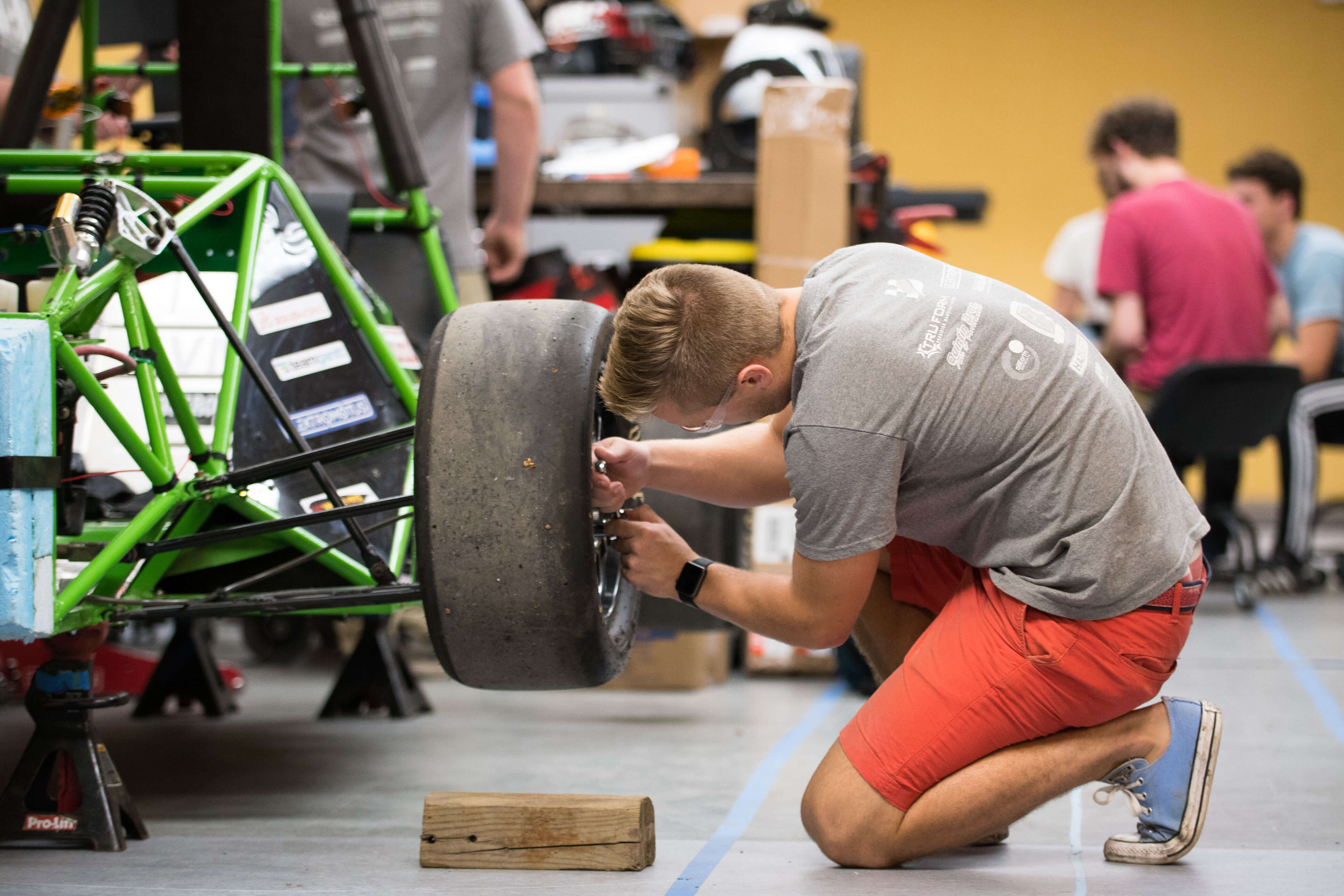Program Overview

The Undergraduate Certificate in Autonomy and Robotics (UCAR) provides you with a strong foundation in autonomous systems, robotics, and/or artificial intelligence. You will complement your coursework in these areas with experiential learning in our teaching labs. Completion of the program certifies to employers your readiness to begin your career in engineering positions focused on autonomous systems and robotics.
Key technology sectors include manufacturing (e.g. enhanced production processes and improved precision), transportation (e.g. autonomous vehicles and enhanced traffic control), healthcare (e.g. robotic surgeries and patient care), agriculture (e.g. precision farming and agricultural robotics), defense (e.g. swarms and guidance systems), and energy (e.g. autonomous power systems). In this context, “autonomy” refers to the capability of an engineered system to operate autonomously. Achieving this involves algorithm and software design, which in turn involves concepts from signals and systems, control theory, and artificial intelligence. “Robotics” in this context refers to the design, construction, and operation of robots and machinery to perform tasks, and involves mechanical design, actuator/sensor design, mathematical modeling, and embedded programming.
Local companies with expanding needs in these areas include: Beta Technologies, GlobalFoundries, Green Mountain Power, Dynapower, Hazelett, Husky, and Rigorous Technology.


